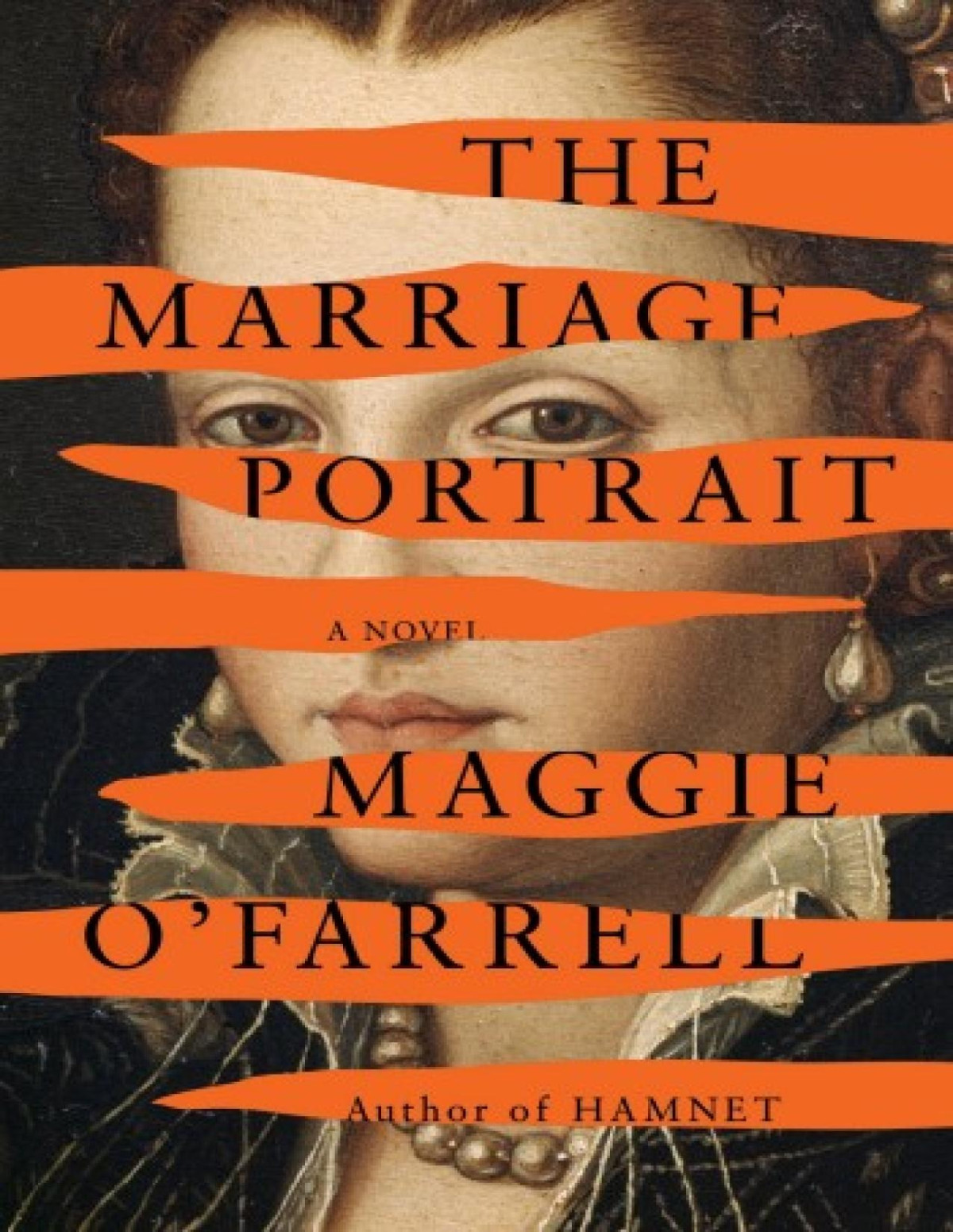

Most ebook files are in PDF format, so you can easily read them using various software such as Foxit Reader or directly on the Google Chrome browser.
Some ebook files are released by publishers in other formats such as .awz, .mobi, .epub, .fb2, etc. You may need to install specific software to read these formats on mobile/PC, such as Calibre.
Please read the tutorial at this link: https://ebookbell.com/faq
We offer FREE conversion to the popular formats you request; however, this may take some time. Therefore, right after payment, please email us, and we will try to provide the service as quickly as possible.
For some exceptional file formats or broken links (if any), please refrain from opening any disputes. Instead, email us first, and we will try to assist within a maximum of 6 hours.
EbookBell Team

4.3
48 reviewsFlorence, the 1550s. Lucrezia, the third daughter of the grand duke, is comfortable with her obscure place in the palazzo: free to wonder at its treasures, observe its clandestine workings, and devote herself to her own artistic pursuits. But when her older sister dies on the eve of her wedding to the ruler of Ferrara, Modena and Reggio, Lucrezia is thrust unwittingly into the limelight: the duke is quick to request her hand in marriage, and her father is just as quick to accept on her behalf.
“The book’s use of present tense rushes us along on the leading edge of her experience. O’Farrell has an uncanny ability to put us in Lucrezia’s very unusual shoes. One experiences, viscerally, Lucrezia’s exhaustion and terror when she is abandoned in a strange place a few hours after her marriage, her giddy excitement and expansive feeling of freedom in the early days of her marriage, her revulsion and fear as her husband’s ‘fury and contempt’ emerge, and her certainty that ‘some vital part of her will not bend, will never yield’ … The final twist is so unexpected and so gorgeously executed that it brought this reader to tears. With it, O’Farrell demonstrates fiction’s ability to offer counter-narratives to those of received history, to open before us imaginative abundance and a tremulous sense of possibility.” - Pricilla Gilman (The Boston Globe)